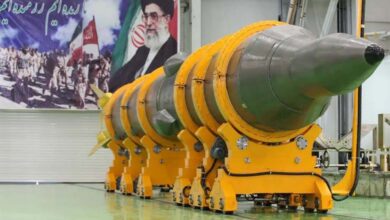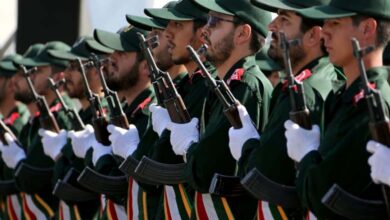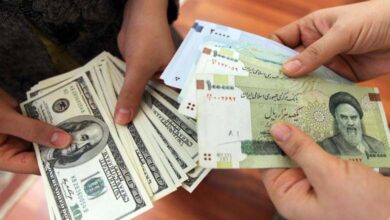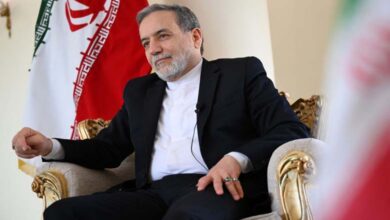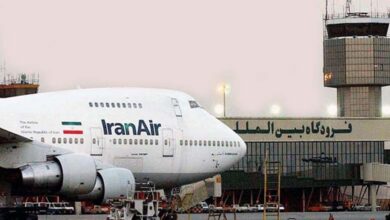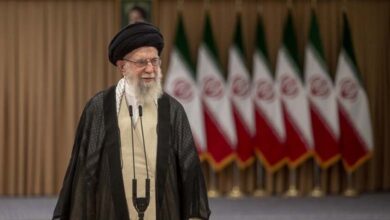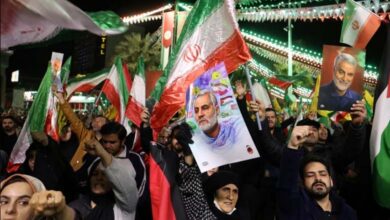Iran prepares to execute prominent prisoner under pretext of espionage
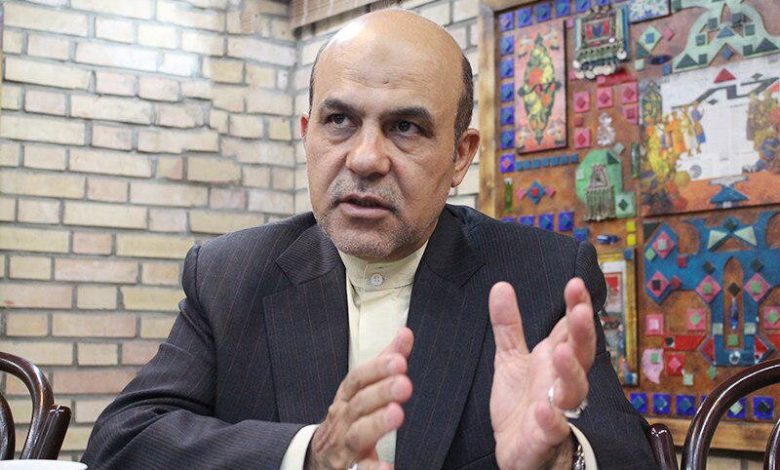
Iran is seeking to justify the death penalty against a number of its citizens and former officials under the pretext of committing acts of violence during ongoing protests or spying for foreign intelligence, after mounting foreign criticism of the regime’s campaign of executions of a number of dissidents.
Iran’s state-run Islamic News Agency released a video Thursday that it said shows British-Iranian citizen Ali Reza Akbari played a role in the 2020 assassination of Mohsen Fakhrizadeh, the country’s top nuclear scientist.
The family of Akbari, a British national, had told the BBC that the Iranian authorities were preparing to execute him. His wife said that an official had asked her to come to his prison in Tehran for a “final meeting.”
Ali Akbari, a prominent figure arrested on espionage charges, served under reformist President Mohammad Khatami as deputy defense minister and advisor to the secretary of Iran’s Supreme National Security Council, Ali Shamkhani, before he was arrested in 2019 and convicted of spying for Britain.
The Iranian Ministry of Intelligence confirms that “Alireza Akbari was considered one of the most important elements of the British spy agency in sensitive and strategic centers in Iran,” and called him “Super Spy”
Although Reza Akbari was arrested before Zadeh’s assassination, sources close to the regime have spoken of his role in providing data on the nuclear scientist, which eventually led to his assassination.
Tehran has accused Israel of being behind the assassination, as well as targeting a number of scientists and officers of the Revolutionary Guard.
As popular protests against the death of a 22-year-old Iranian Kurdish woman, Mahsa Amini, escalated last September, Iran is facing these moves with an iron fist and by brandishing the death penalty.
Dozens of Iranians detained during the ongoing protests have been on the brink of execution. Some of the sentences were carried out on the pretext that the protestors were involved in the killing of Basij members of the Revolutionary Guard, which is mandated to suppress anti-regime protests.
Rights groups have repeatedly warned that many Iranians are already at imminent risk of execution because of the protests, while Western governments have condemned the policies and some have summoned Iranian ambassadors to protest.
The nearly four-month-old protest movement erupted after the death of Mahsa Amini, days after she was arrested by the morality police for allegedly violating the Islamic Republic’s strict dress codes. The wave is the biggest challenge to the regime since the overthrow of the Shah in 1979.
The authorities responded with a crackdown that activists say is aimed at intimidating the public but has so far failed to stop the protests.
Despite the regime’s talk of backtracking, dissolving the religious police, and not imposing a headscarf, Supreme Leader Ali Khamenei has vowed to step up repression and appointed a new Iranian police chief accused of human rights violations and subject to U.S. sanctions, Brigadier General Ahmad-Reza Radan.


